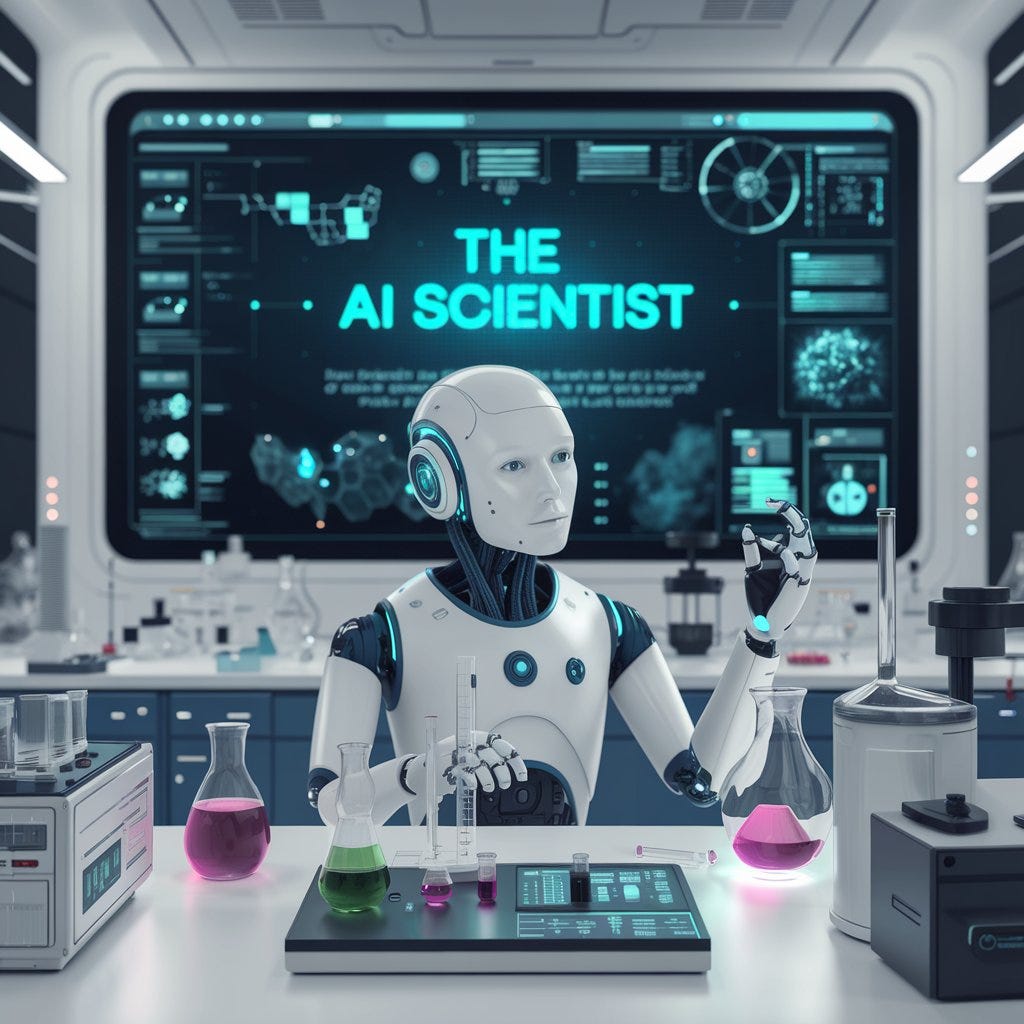The framework combines different generative AI models to streamline scientific research from idea to paper.
If you read this newsletter, you know that I firmly believe discovering new science might be the ultimate test for AGI. While we are still far from having AI that can formulate something like the Riemann Hypothesis or the Theory of General Relativity, we have made tremendous progress in proving and validating scientific ideas across disciplines such as mathematics, physics, biology, chemistry, and others.
The reason science presents such a challenging bar for AI is that it involves aspects like long-term planning, creativity, multidisciplinary knowledge, multi-step fact-checking, and many other components that are still in the very early stages of development in generative AI.
However, progress is being made.
A few days ago, the Japanese AI startup Sakana AI, in collaboration with several other AI labs, published a paper detailing The AI Scientist, a framework for open-ended scientific discovery. The AI Scientist is capable of conducting open-ended research, executing experiments, generating code, visualizing results, and even presenting them in full reports. In the initial demonstrations, The AI Scientist made several contributions across different areas of AI research, including diffusion models, transformers, and grokking.

